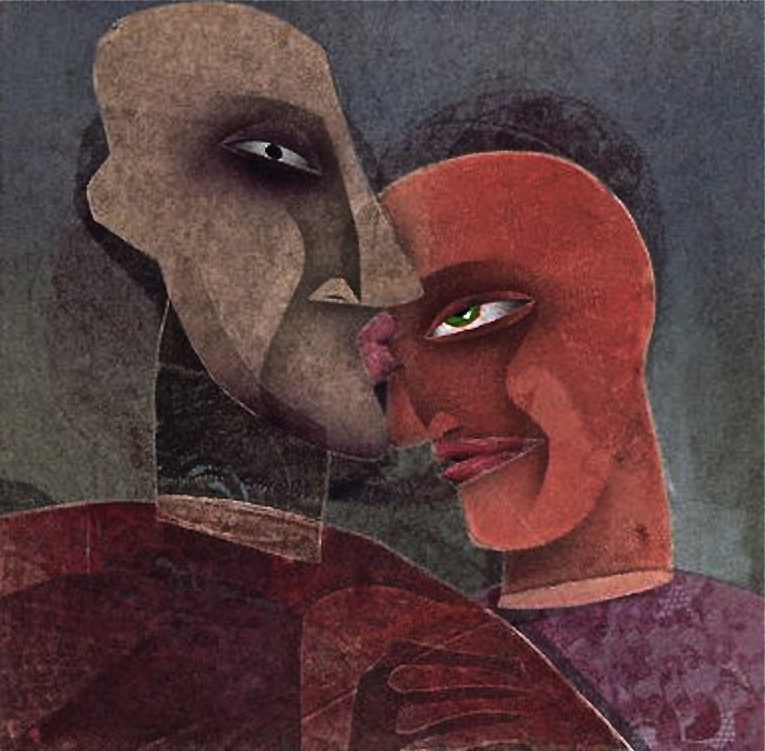Empathy
Adie Kleckner
 Writing is often an act of stepping outside of one’s self. The skin we inhabit is not our own; we live in many rooms. The best writers, the ones that show us something familiar in a new way, that transport us from ourselves to something else, that cause us to experience sensation with linguistic sleight of hand, are also the most empathetic.
Writing is often an act of stepping outside of one’s self. The skin we inhabit is not our own; we live in many rooms. The best writers, the ones that show us something familiar in a new way, that transport us from ourselves to something else, that cause us to experience sensation with linguistic sleight of hand, are also the most empathetic.
Tragedy strikes every day, each time wearing a different mask. But when the lightening strikes far away, how are the observers affected?
Several years ago Manny Fernandez of the New York Times reported on the murder of four women: Megan Waterman, 22; Melissa Barthelemy, 24; Maureen Brainard-Barnes, 25; and Amber Lynn Costello, 27. All four of them had been reported missing with very little police response; all four of them were prostitutes.
I cut the article out and hung it in my room. To save it was a compulsion. I did not save it because “it could be me”—though how easy it is for our lives to gain momentum away from what we had planned them to be—but rather because I wanted to remember that these women had lived, for no other reason than that I didn’t know that they were alive before they were murdered.
Leslie Jamison’s collection of essays, The Empathy Exams breaks down the human capacity to share someone’s life. She writes that, “when bad things happen to other people, I imagined them happening to me. I didn’t know if this was empathy or theft.”
Some who saw the New York Times article hanging above my desk asked me if I knew the victims. I did not, but my response to their deaths was just as real as if I had.
To inhabit someone else’s tragedy is an act of surrender. Of giving up ourselves, what makes us individual, in exchange for someone else’s individuality. “We care because we are porous,” Jamison claims.
It is this porous-ness that is both our salvation and downfall. We are vulnerable to tragedy, whether it is our own or someone else’s. But it is this vulnerability that fosters compassion.